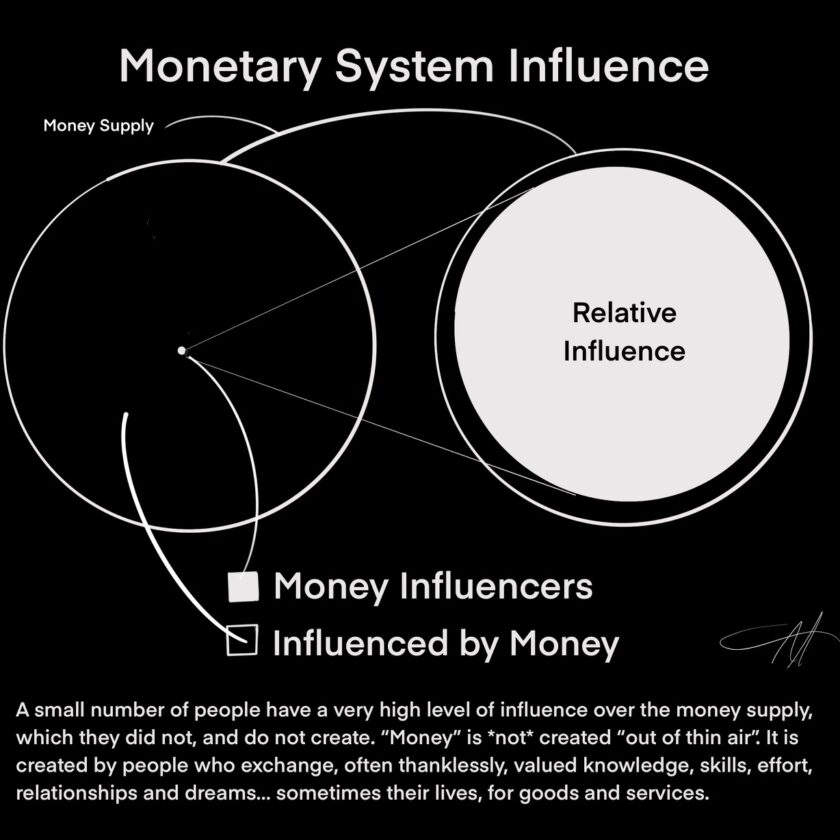
VANCOUVER, BC — For many millions of Americans and members of other nations who subscribe to Western Medical orthodoxy, the value of the term “health care” has shrunk even more precipitously than that of the American dollar, almost to the brink of meaninglessness.
According to an Associated Press story, President Obama is poised to present a health care overhaul plan this week, which will seek to expand coverage to the uninsured. And while that is a wonderful sign to show where his heart is, the problem is that getting more of what we have right now, will not help us. It will help pharmaceutical companies that sell drugs, but will not increase health.
Americans do not need a “health care stimulus program.” What we need is a “stimulus” in health. We need to heal ourselves from the effects of our own behaviors, beliefs, and ignorance about human physiology. We need to acknowledge, and then mitigate the effects of over-chemicalization, and see the fundamenta,l yet grossly overlooked price we’ve paid for chronic, untreated dehydration.
Not only have we not treated gross dehydration, we have adopted social and medical practices that only exaggerate it as the preferred treatment modality.
As presently conceptualized, the president’s plan would simply mean that more people could get their meds, which the pharmaceutical firms would love, but it would simply make more people sick, continue them on their present slow decline into toxicity and death, while still believing themselves to be dependent on accepted drug therapies that we have today.
The only real answer to the health care issue is health, delivering it, caring for, it, sustaining it, and restoring it. Modern medical practice is doing little to address, or support these factors, and a “stimulus package” directed at anything other than increasing health will only support the growth of the status quo.
Increasing the number of healthy people will dramatically reduce the $2.4 trillion that need to be paid each year in the United States on health care. And who do you think is getting a large portion of that money? Do you think the people now suffering from diabetes, hypertension, heart disease, cancer, and every other debilitating condition would rather have more coverage? Or be well? Why are we not questioning the methods? Why do we not discuss alternate theories when the rates of health restoration in people with acute diseases who are taking traditional treatments are so paltry?
Some people fear that expanding the percentage of those covered by health insurance would be too much like Canada’s health care system (where I happen to be at the moment), which supports a population (roughly 33 million people), that is less than the state of California (est. 36.5 million in 2007). There’s nothing wrong with having health care for all. There’s a lot wrong when the standard treatment modalities for those who can afford it, aren’t effective, and we don’t question it.
There’s a lot wrong when inexpensive methods of reducing pathogen presence and other pollutants in the body, are not a major part of the public conversation, given the hundreds of billions that would be saved in treatment costs, plus the health that might be restored.
[blip.tv ?posts_id=1582545&dest=-1]
Senator Ted Kennedy’s heading the Health committee while he deals with brain cancer is a very obvious example of how we’ve practiced ignoring and explaining the ineffectiveness of current-day medical practices so much that people who have “the best care that money can buy” can’t really expect to be helped by the system. The people who don’t have health care insurance don’t really know how well they have it. They have a better chance of staying healthy and recovering from disease than those who “are covered.”
It’s really sad that no one expects expects Senator Kennedy to get over his brain cancer. It’s sadder still when you understand that there may be safe, non-toxic ways to help him do it that are not even being considered. Everyone “hopes” that he is comfortable and doesn’t go through too much pain, but few people seem to understand, or are willing to publicly discuss ways that might reverse the condition altogether (e.g., bicarbonate of soda, MMS, radical remineralization, focused hydration, etc.). We dismiss methods that haven’t been “proven” by conventional means and let people die thinking that the best shot was taken. The question is, “best for whom?”
This is an example of how low we’ve set our expectations, and yet, we’re still not challenging the system that makes such low expectations all we look for.
Much has changed in the past 100 years since chemotherapy became a medical rite. Why hasn’t medical practice reflected what we’ve learned in that time? Why are we still believing that cancer must be “fought,” and that a “battle” is necessary, when most oncologists, who make their livings administering chemotherapy to cancer patients, would refuse it if they had to make that choice?
There are some easily understood factors that contribute to the formation and spread of cancer tumors, and equally proven methods of eliminating said factors. Yet universities don’t research these methods, and “scientific purists” dismiss any modality that wasn’t hatched in the “womb” of a double-blind study. Such purists aren’t really concerned about what works, since many methods that will actually help an individual get well are considered too simple to be taken seriously.
Think I’m kidding? Consider the idea that many of the pains that we experience are actually signals of dehydration; that the individual hasn’t given the body enough water to fully support its health? We’re talking about headaches, joint and backaches, blood pressure problems, hypertension, diabetes, and many more. Just suppose these cases were washed away by simply drinking more water, or just increasing water intake prior to eating dinner, instead of taking that “antacid,” diuretic, or blood thinner?
Is it this simple? We can’t really know unless we take a serious look at why these suggestions may actually be valid, and are willing to try them and see what happens.
We will eventually have to ask ourselves whether it be better to have more healthy, happy, functional population? Or whether we’re simply want a “stimulus” for what amounts in actual practice to a disease management system? It’s time to stop fooling ourselves.




